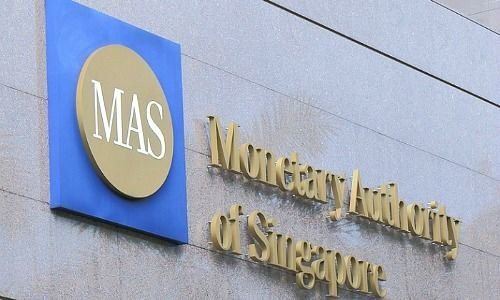Monetary Authority of Singapore Details Enforcement Outcomes
The inaugural report outlines MAS’ enforcement priorities and details the actions taken against breaches of rules and regulations in 18 months to December 2018.
Singapore's central bank and financial regulatory authority, the Monetary Authority of Singapore (MAS) handed out $16.8 million in financial penalties and compositions to 42 financial institutions, $698,000 in civil penalties in relation to two insider trading cases and one case of unauthorised trading, and 19 prohibition orders banning unfit representatives from re-entering the financial industry, according to its inaugural Enforcement Report published Thursday.
Additionally, the regulator issued 37 reprimands to five individuals and 27 financial institutions; 223 warnings to 32 individuals, 162 financial institutions, eight digital token exchanges and one Initial Coin Offering issuer; 31 Letters of Advice to 29 individuals and two companies; and 444 Supervisory Reminders to 52 individuals and 317 financial institutions.
«As Singapore’s financial industry grows in size and complexity, so will the risks of financial misconduct. Enforcement plays a critical role in financial supervision through the detection, investigation and punishment of serious misconduct. This is intended to deter illegal and unethical behaviour and protect consumers,» Gillian Tan, MAS Executive Director (Enforcement), said.
Enforcement Priorities
According to MAS, the objective of its enforcement function is to bring about effective, proportionate and fair enforcement outcomes. The report details the actions that were taken in cases occurring during the reporting period of July 2017 to December 2018.
During this period, MAS focused on cases related to market abuse, financial services misconduct, and money laundering-related control breaches – the 1Malaysia Development Berhad (1MDB) review being its most comprehensive anti-money laundering and countering the financing of terrorism (AML/CFT) review to date.
The report said that MAS has five focus areas for enforcement actions for the next 18-month reporting period, which will continue through mid-2020. They include corporate disclosures, business conduct of financial advisers and their representatives, AML/CFT compliance among financial institutions, internal controls at brokerage houses, as well as insider trading






















